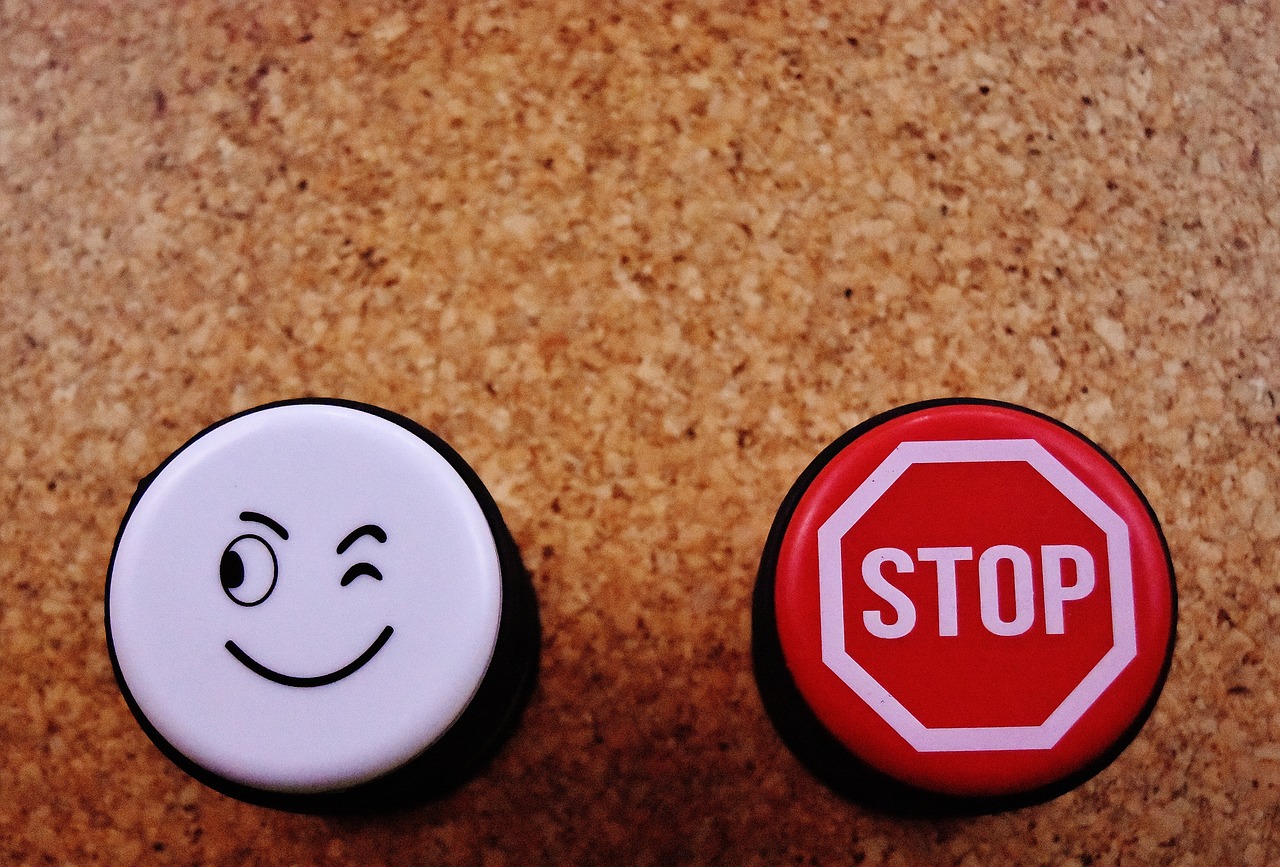
What is a Fixed Rate Mortgage?
A fixed-rate mortgage is a mortgage loan option that allows you to fix the interest rate of your loan over a period, usually around five years. Fixing your interest rate in this way is very useful, particularly with first-time buyers and investors who want to know the exact monthly payment to make.
By knowing this exact amount for monthly repayments, you can plan for the future and create a predictable financial situation. A further benefit is that fluctuations in the interest rate won’t affect the amount you pay on the loan. While this means you may lose out at times when the rate is low, at other times, you will benefit.
What is a Variable Rate Mortgage?
With a variable rate mortgage, your monthly instalment will vary with fluctuations in the market. This means that if interest rates rise, you pay more and if the fall you pay less. There are clear advantages to this type of arrangement, including a more flexible arrangement and the possibility of paying off your mortgage sooner.
A fixed-rate mortgage does not allow you to pay extra money into the mortgage to reduce the principal loan amount further – a variable one does. So, while variable-rate mortgages are more uncertain, they do allow you to take advantage of lower interest rates – this saving can be reinvested in the principal amount – and make extra contributions.
What is a Split Loan?
One alternative to the binary options of fixed and variable is to split the difference. A split loan refers to the option of putting half your loan on a fixed-rate mortgage and half on a variable rate. This allows you to ‘hedge your bets,’ meaning that you can take advantage of flexible interest rates with the security of regular payments.
When it comes to the end of your fixed-rate period, you can choose between fixing the rate again, at the current market price, or moving onto a variable rate of interest. As the fixed-rate term is short term, it gives you the option of revising your initial decision – one reason so many new buyers opt for fixed rates initially.
Please note that the variable rate you move onto will be different, likely higher, that rate you are currently on.
How to Choose Between Fixed and Variable?
Your decision to choose a fixed or variable rate mortgage may depend on your personality or financial circumstances. If you’re an investor type, you may be more inclined to go with a variable rate. But bear in mind that even a fixed-rate mortgage is dependent upon fluctuations in the market.
If you’re a first-time buyer who is not comfortable taking risks, a fixed-rate mortgage gives you security and time to learn about the advantages of variable rates and how you can make them work for you. More experienced individuals or risk-takers might prefer to go with a variable one from the start. If you choose this option, it’s advisable to keep a close eye on the property market.
Bernie Kyne
Mortgage Consultant
0400141757
bernie.kyne@mortgage-express.com.au
Disclaimer: While all care has been taken in the preparation of this publication, no warranty is given as to the accuracy of the information and no responsibility is taken for any errors or omissions. The content of this article is general in nature and is presented for informative purposes. It is not intended to constitute financial advice nor is it intended to imply any recommendation or opinion about a financial product. It does not take into consideration your personal situation and may not be relevant to circumstances. Before taking any action in relation to the matters dealt within this publication, you should seek professional advice.


